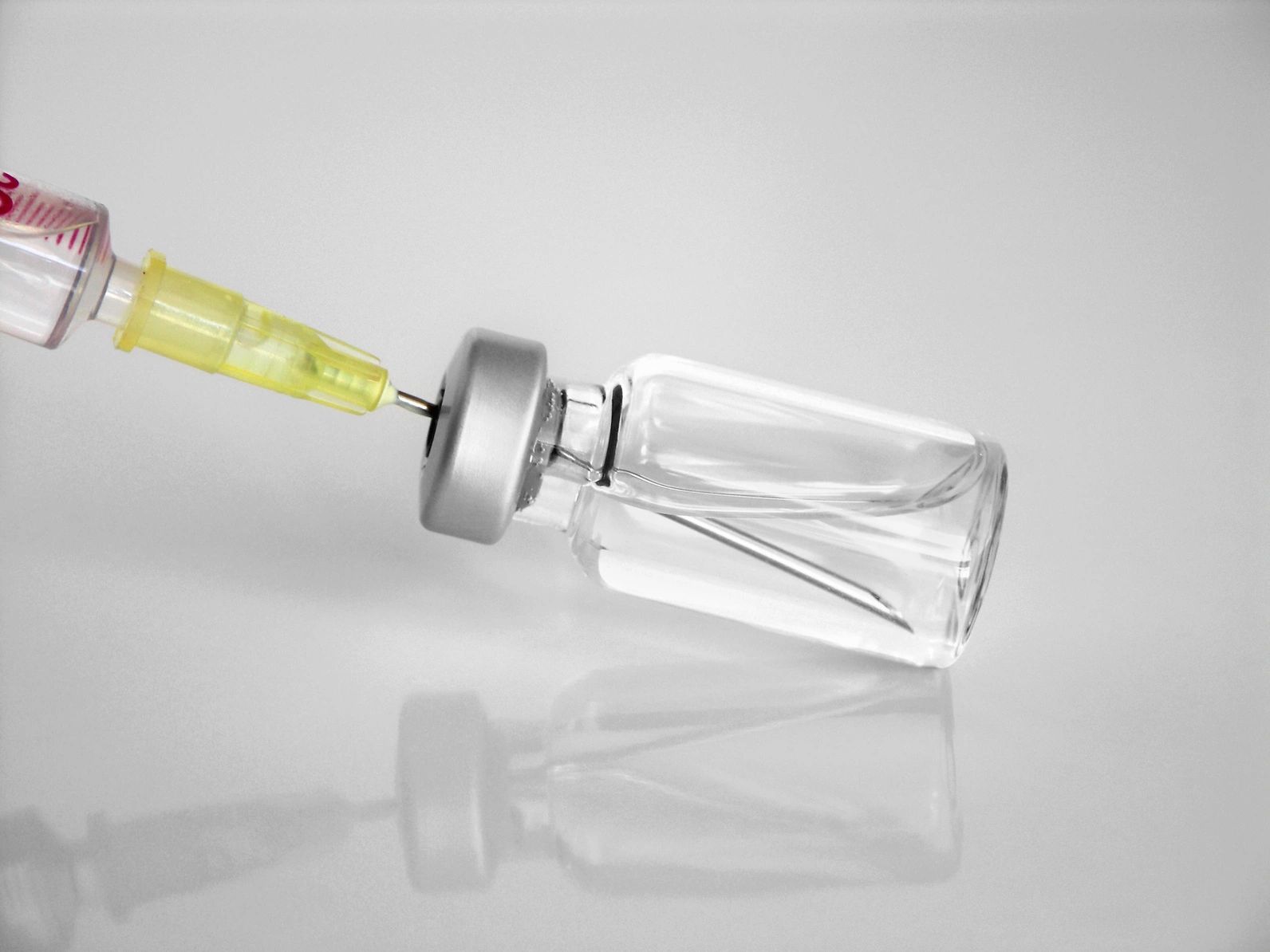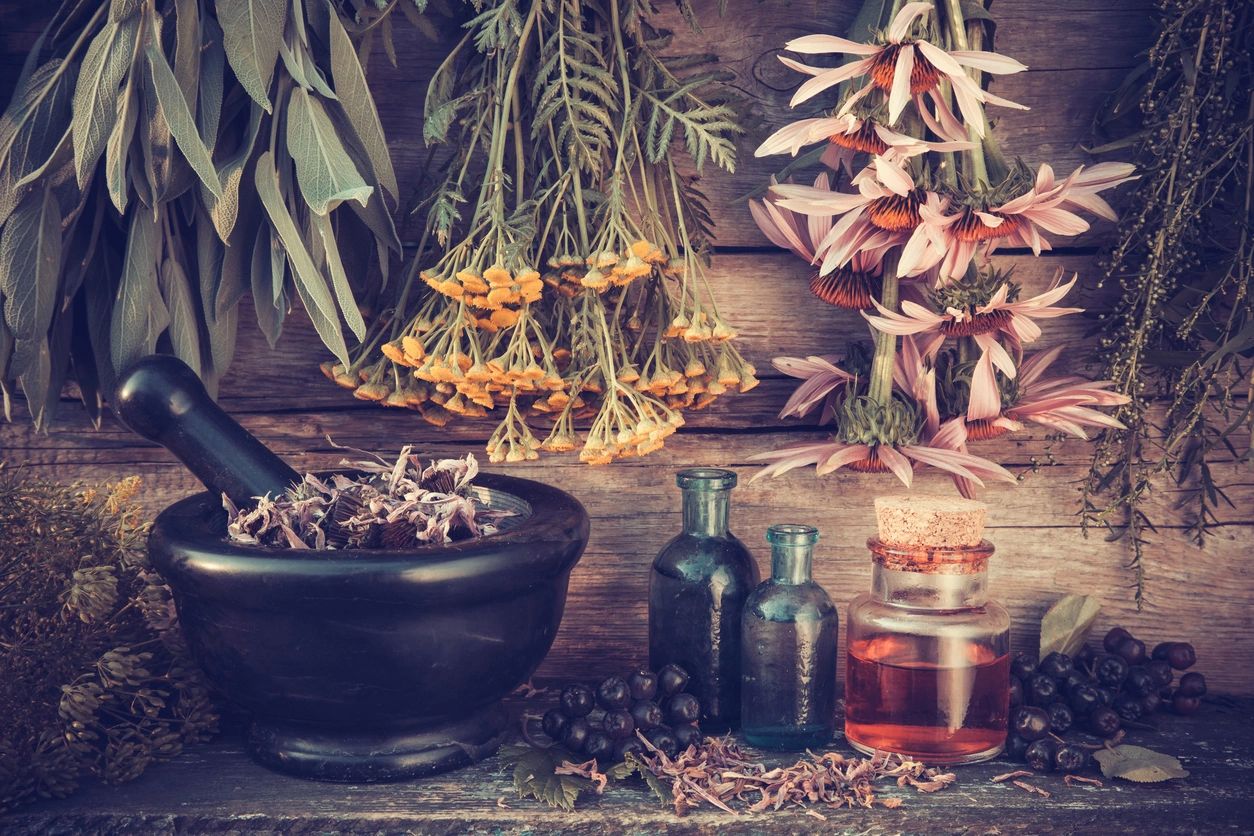A Shot in the Arm Might Take a While


While you are waiting on your COVID-19 shot, it is time to explore the benefits of herbal immune-boosters as an essential tool that can be used to minimize the effects of this devastating disease.
Ayurveda, Unani, Siddhi, Homeopathy, Romanian, Persian and Chinese traditional medicinal plants are all currently being explored for their effectiveness against this virus. These natural compounds and the antiviral mechanisms they provide could explain how they affect the viral life-cycle, invasion, penetration, replication, assemblage and release. And there have been more than 25,000 herbal formulations used in folk remedies in Ayurveda alone. Subsequently, these natural constituents are often isolated and modulated as drug formulations against different diseases. Herbal plants and their formulations are cost-effective and eco-friendly, with strong efficacy and minimal side-effects.
According to an article in Bloomberg News, Thailand’s health ministry approved a pilot program to explore the use of the herbal plant extract, Andrographis Paniculata, to treat early stages of Covid-19, amid a flare-up in the coronavirus outbreak in the Southeast Asian nation. The herb, can serve as an alternative treatment to reduce the severity of the outbreak.
The article states that the extract from the plant, known as Fah Talai Jone in Thai, can curb virus and reduce severity of inflammation and human trials showed patient conditions improved within three days of the treatment without side effects if the herb is administered within 72 hours of testing positive, according to studies sited by the ministry of Thailand.
Turmeric (Curcuma longa) acts as an anti-inflammatory agent, and may be a potential ingredient in a therapeutic regimen for COVID-19 cases. It has a range of pathophysiological consequences that targets pulmonary damage, elevated inflammatory response, coagulopathy, and multi-organ damage. Turmeric can hinder cellular entry and replication, and prevent and repair COVID-19-associated damage of pneumocytes, renal cells, cardiomyocytes, hematopoietic stem cells, etc.
Elderberry Fruit, whole (Sambucus nigra) has shown, when used in a similar coronavirus to Covid-19, NL63, to directly stop the attachment of that virus to ACE2, according to research at the National Institute of Health. And it is likely that Elderberry has the same effect on this new virus, (which has a similar structure and function), by blocking entry to cells where the viruses eventually replicate and spread. When you wash your hands the soap breaks up this lipid coating. Similarly, Elderberry breaks down the lipid in some bird coronavirus strains, so it can potentially be protective in that way as well. Given all of this, it seems like taking elderberry for prevention might be a potential strategy.
Lomatium Root (Lomatium dissectum) is most noted for its ability to increase resistance to certain viruses. Also known as Desert Parsley root, it was widely used by Native Americans to treat respiratory infections and skin conditions. It believed to be beneficial for conditions including coughs, colds, bronchitis, tuberculosis, hay fever and asthma.
Many of the plant’s antiviral compounds are excreted out through the mucous membranes of the lungs. For deep lung infections, biscuitroot extracts have been found to be unbeatable. And, when taken at the first sign of illness it can be an invaluable remedy. Although, it can still be effective after an infection has already been established. Recent research shows that the herb has immense immune boosting properties, and actually helps the immune system by reducing any inflammation in the body.
Astragalus Root (Astragalus membranaceus) is an herb that has been used for centuries in Traditional Chinese Medicine (TCM), as a powerful adaptogen herb, that is very effective in strengthening the immune system to fight against viral infections and the common cold. Astragalus offers herbal benefits in preventing viral infections due to immune stimulant effects according to the Huntington College of Health Sciences.
Because Astragalus has a unique structure of polysaccharides, it reduces the amount of nitric oxide released from the cells and reduces inflammation. Astragalus also enhances the production of interferons that stimulate natural killer cells. This keeps an infection from spreading. Researchers also believe the root is helpful for those whose immune systems have been weakened by chemotherapy or radiation.
Osha Root (Ligusticum porteri) is a Rocky Mountain herb that has been used by the Native Americans for treating respiratory infections and conditions of the digestive system. Today the herb is used in alternative medicine for treating colds and symptoms of viral infections. Osha root extract also induces sweating during fevers that are slow to break and works to stem viral infections before they can become full-blown.
Osha root extract contains a number of volatile oils, including camphor, essential oils, saponins, terpenes, ferulic acid, phytosterols and lactone glycoside. It has also been found to elevate body temperature thus inducing a fever breaking sweat. The herb can help to clear mucus from the sinuses and lungs, relieving congestion and respiratory distress. It has been used for head colds with dry or wet cough, irritating coughs, sore throats and bronchial infections, early stages of tonsillitis, pneumatic complaints and pharyngitis. It is also helpful to keep lungs clear and the bronchial dilated. When combined with Echinacea it can be extremely beneficial as a powerful antiviral, and antibacterial herb, but mild for the other organ systems.
In this hour of need, as we search for ways to counteract the effects of COVID-19, take a look at some of the herbs discussed in this article; should the virus find its way to you before the vaccine does.


Comments are closed here.